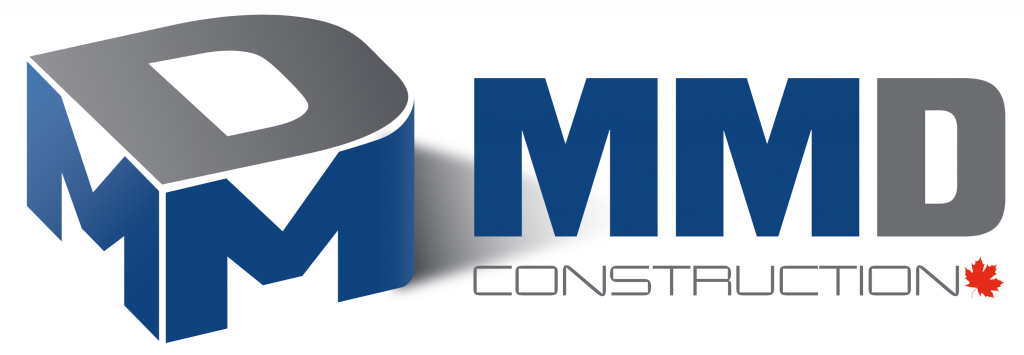Household kitchen floors experience a lot of wear and tear, but commercial kitchen floors have it even tougher. Although careful thought should be put into any type of flooring, commercial kitchen floors need to be especially durable, stain resistant, waterproof, slip-proof and simple to clean. And then you also have to make sure they comply with local health and safety standards. To help shine a light on some of the top commercial kitchen flooring options, we’ve put together this piece.
Concrete
Concrete is a popular option for commercial kitchen flooring because it’s economical and durable. There are no seams for food or dirt to embed themselves in or to prevent wheels from rolling smoothly. Although often thought of as quite drab, concrete can be made to be quite decorative with different colours, inlays or surface textures. One drawback is that it can be hard on the feet which may require rubber mat installation to provide some cushioning. It also needs to be resealed every so often to prevent staining.
Tile
Tile is often used in commercial kitchens because it’s tough, stain and water resistant and easy to clean. Certain unglazed varieties provide natural traction which can help prevent accidents. However, these types of tile often don’t offer a very wide range of colours or patterns.
Vinyl
Commercial vinyl is often used to cover other types of flooring materials such as untreated concrete. It’s easy to clean and provides some padding for workers who are standing on it for their entire shift. And although vinyl is more prone to damage compared to many other types of flooring materials, it can be easily and economically replaced.
Stone
Because of its natural good looks, stone flooring is often used in commercial kitchens that are on display to the public. However, there is both a financial and functional price to pay for that stylish appearance. Stone needs to be regularly sealed to prevent staining. It also might not be perfectly smooth which can cause problems for footing and wheeled devices.
Epoxy
Epoxy resin floors offer a great shine with an attractive flair. It’s possible to include decorative additives such as colour, glitter or stone chips to add style and sophistication. Epoxy starts as a liquid that’s poured over an existing floor and is allowed to solidify which results in an impermeable surface that’s easy to clean. One downside to epoxy is that it will begin to wear away over time with heavy use.




